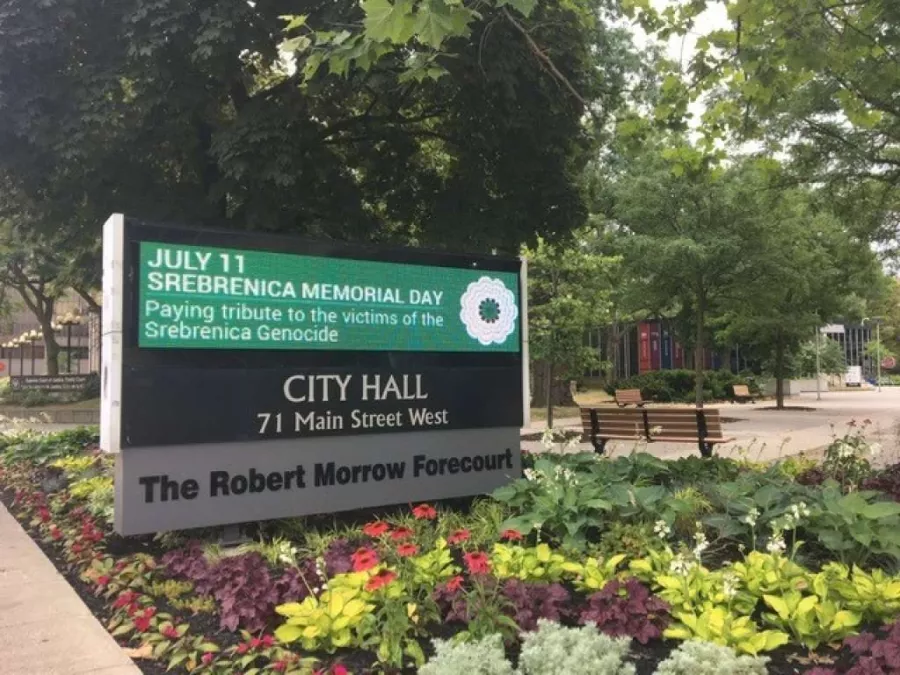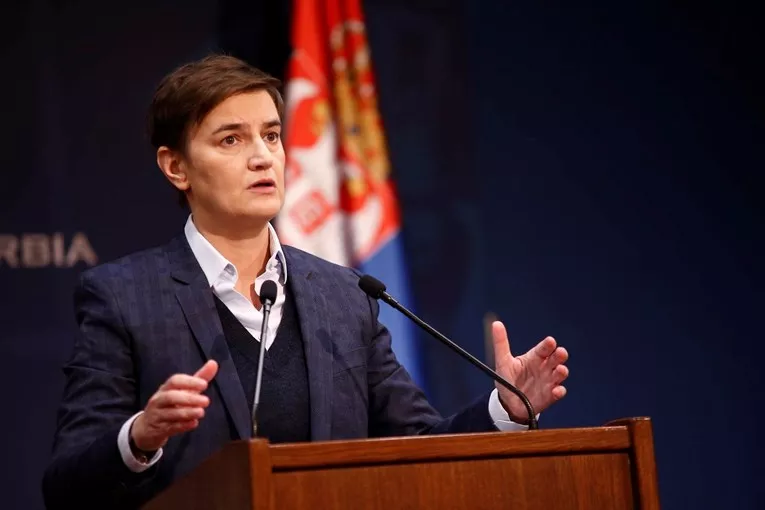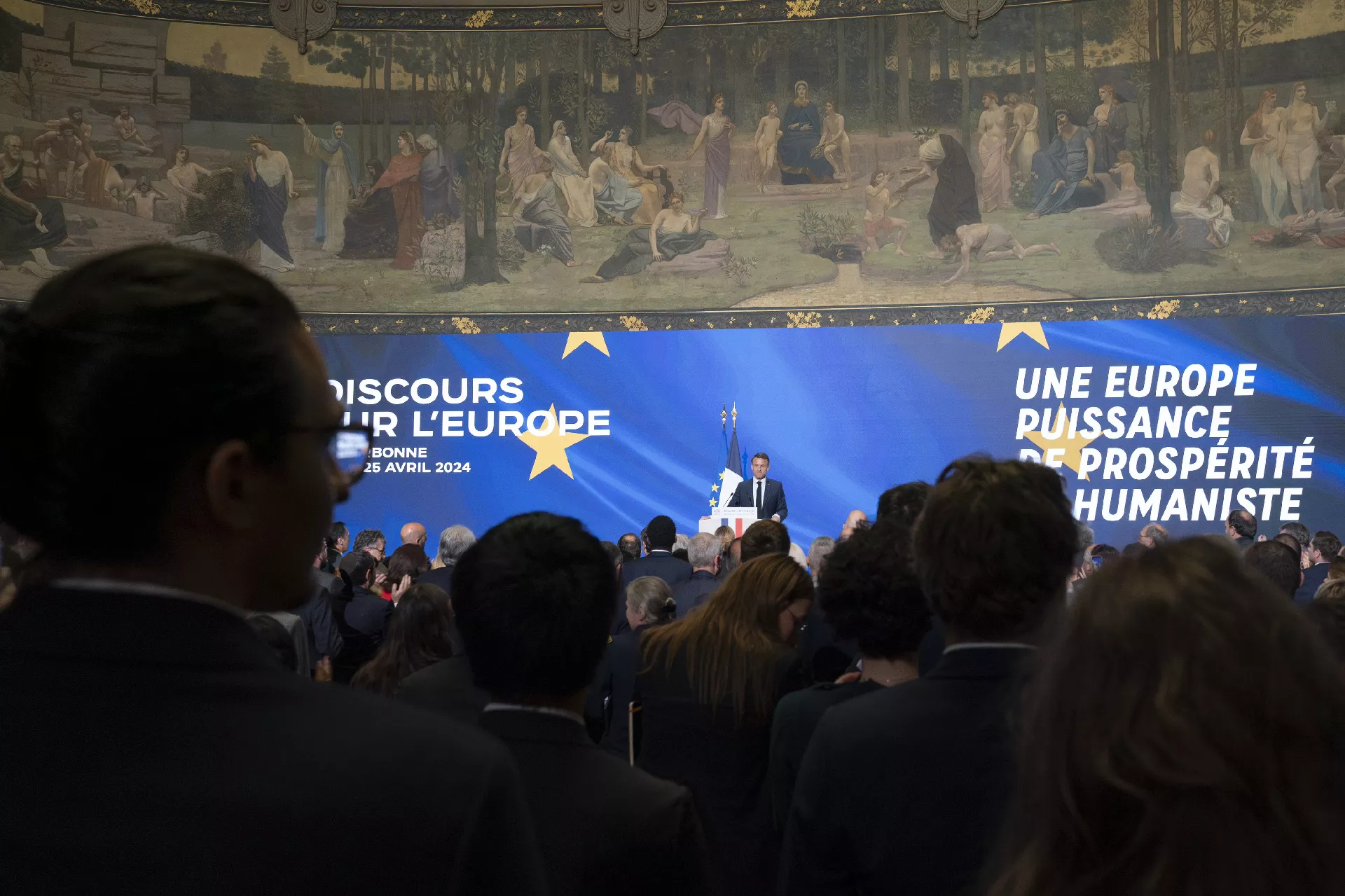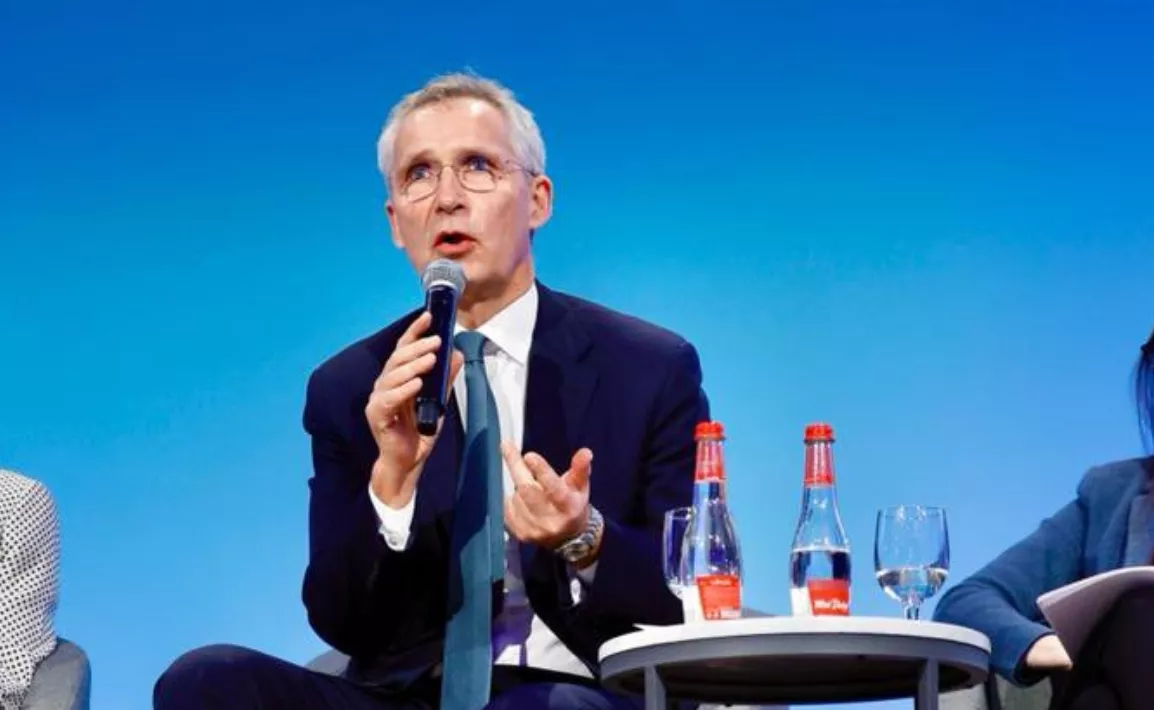Aktuelno
Članak
Ultimatums in the ultimate fight for power
A year has passed since the general elections in Bosnia and Herzegovina, and the state and federal governments have not yet been formed...
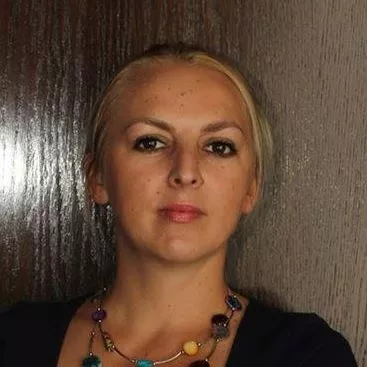
By: Amina Corbo Zeco
A year has passed since the general elections in Bosnia and Herzegovina, and the state and federal governments have not yet been formed because political parties – the relative elections winners – have not been able to reach an agreement about the state administration and the position of BiH with regard to geostrategic restructuring of the Western Balkans, which has been intensified over the past few years.
Forming of the federal government is being blocked by the HDZ BiH president Dragan Covic. He will continue to do so until he gains an electoral unit with a majority Croat population in which he would have an absolute rule. SDA could not accept that because their voters would not take any further dividing of Bosnia and Herzegovina.
At the highest, state level, the SNSD president Milorad Dodik is blocking the NATO accession for BiH, and driving the country towards Russia and its interests. SDA mustn't remain silent on it for sake of Bosniaks who perceive the NATO as a guarantee that BiH will not fall apart or have to sustain another war of aggression by the neighboring Serbia or Croatia as was the case in the nineties.
Such exclusive policies among the winning parties have resulted with a technical government both at the federal and the state level.
That has further radicalized relations among the political parties in BiH; the impasse relative to forming the government Dodik uses as a proof that Bosnia and Herzegovina is a virtual state because 'Bosniaks do not allow Serbs to have political parties that are favorites of the Serbs voters in the state government', thus portraying himself as a sole savior of the Serbs, while SDA's leader Bakir Izetbegovic uses the same situation as a proof that BiH is an endangered state 'because the Serbs do not allow Bosniaks to implement the politics in the state government that will bring security and prosperity to all nations and nationalities', thus presenting himself as a sole savior of the Bosniaks and Bosnia.
The HDZ's Dragan Covic underlines that Dodik's secessionism is not healthy for BiH, while Covic himself is one of Dodik's strongest allies! According to Covic, equally unhealthy is Izetbegovic's civic approach to organization of BiH that Covic tends to interpret as Bosniak unitarism, after which he offers a via media depicted in the aforementioned the 'electoral unit'.
It has never been about the politics but a mere fight for power.
If it had not been so, the leaders of SDA, SNSD and HDZ would have put aside the issues that they kept failing to agree on, and they would have diverted their energies into fixing problems of BH citizens – building the highway, simplifying the procedure for foreign investment as it is the most complex procedure in the entire region, or else they would have reduced the skyrocketing taxes for the entrepreneurs.
In both BH entities, a great deal of things depends on the politics of the municipalities and towns where neither the state nor entity laws have any influence at all. The best examples are well developed local communities such as Medjugorje, Bijeljina, Kakanj, Tesanj and other healthy communities in dysfunctional Bosnia and Herzegovina.
When it comes to ethno-national politics in BiH and their relation towards the citizens, it looks like the only problem bigger than not forming the government is – when they do form the government?!
The civic parties have enough time and too many reasons to get their act together and come up with a better politics by the next local or general elections.
#English
Najnovije
Najčitanije
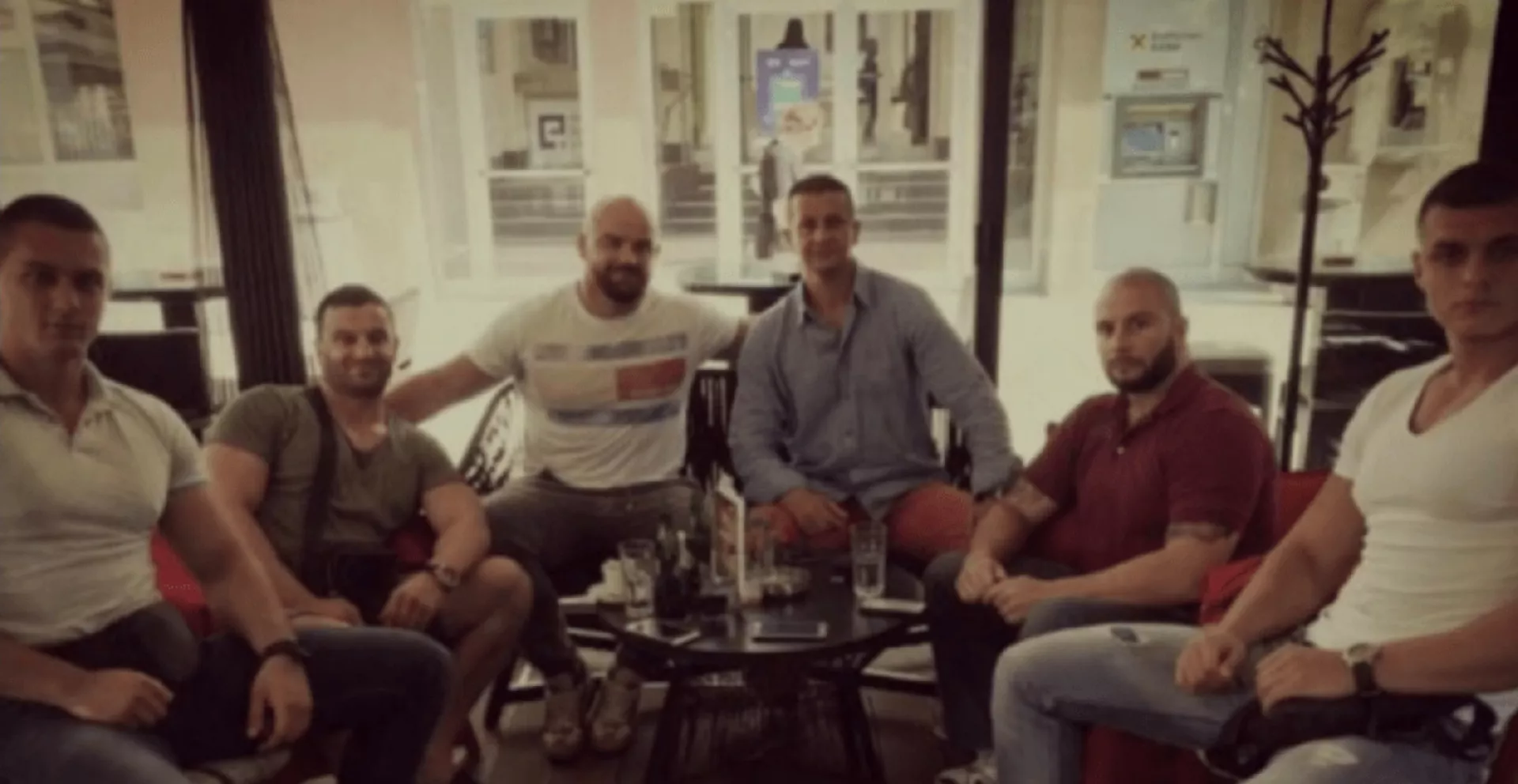
Kokainske tajne iz sobe 1119: Tito je poklonio Rolex, novac, 'šiša bar'... Čampara je dobio uniformu, a Munjić sve 'pokrio'
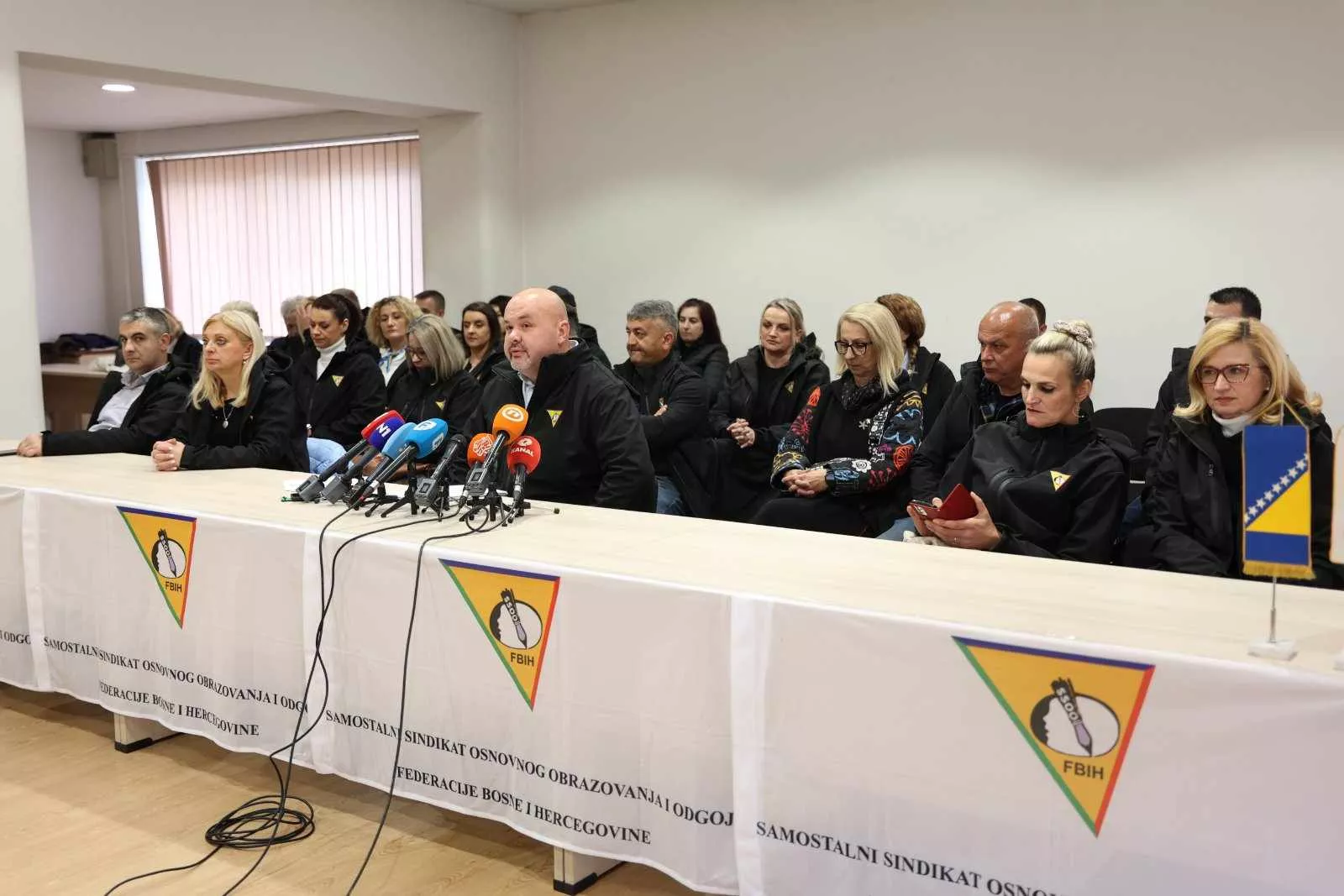
Sivro: Vlada KS ruši obrazovanje, ministrica želi da zna imenom i prezimenom ko štrajkuje
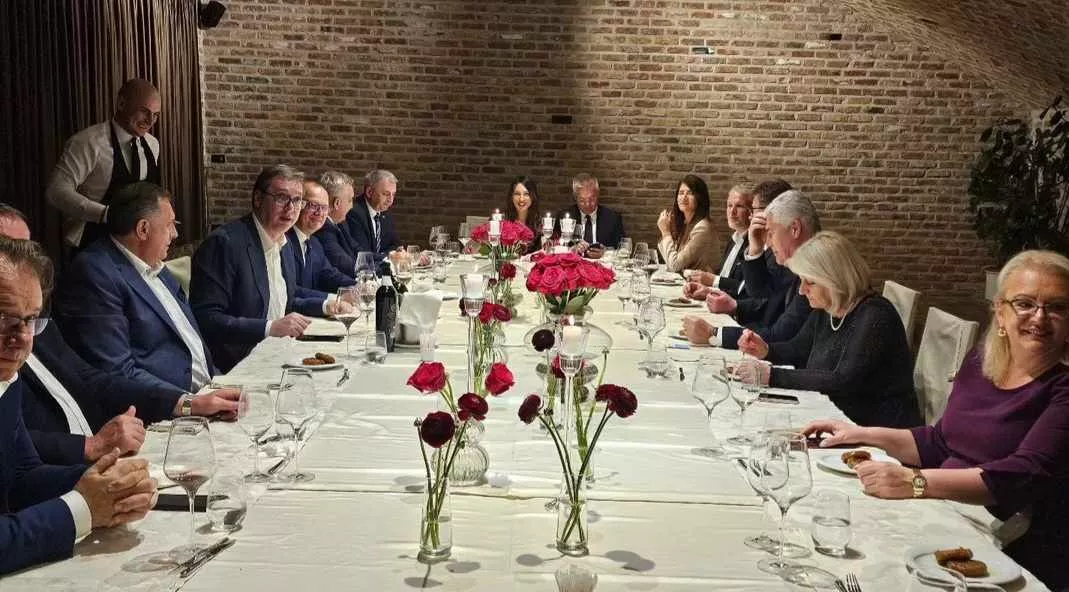
Nikšić u ćošku stola i slike: Nermin izviruje karte 'srpskog sveta' i 'banovine Hrvatske' i daje im legitimitet!
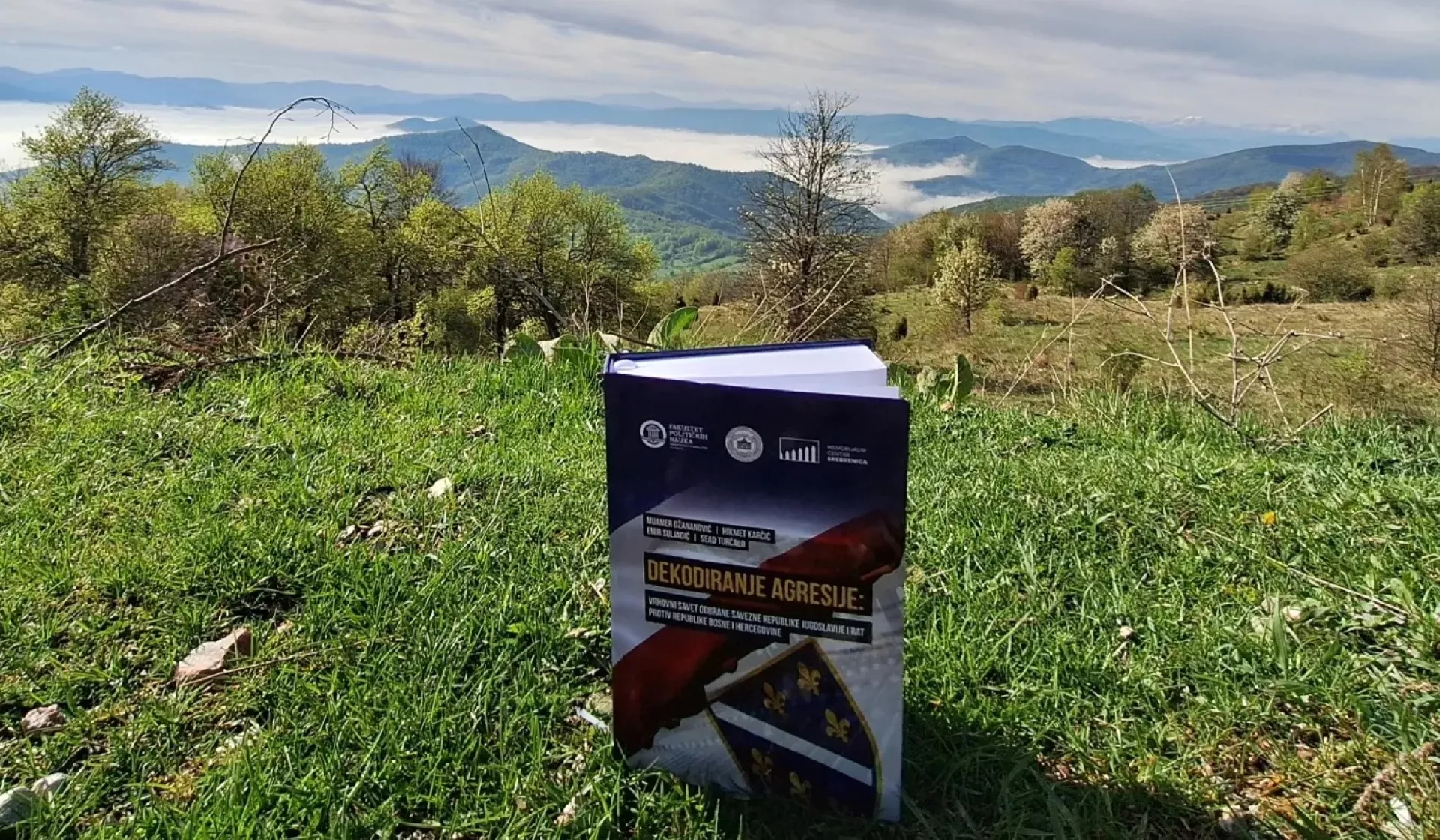
'Dekodiranje agresije': Knjiga koja je razobličila planove vrha Srbije koji su kulminirali genocidom u Srebrenici
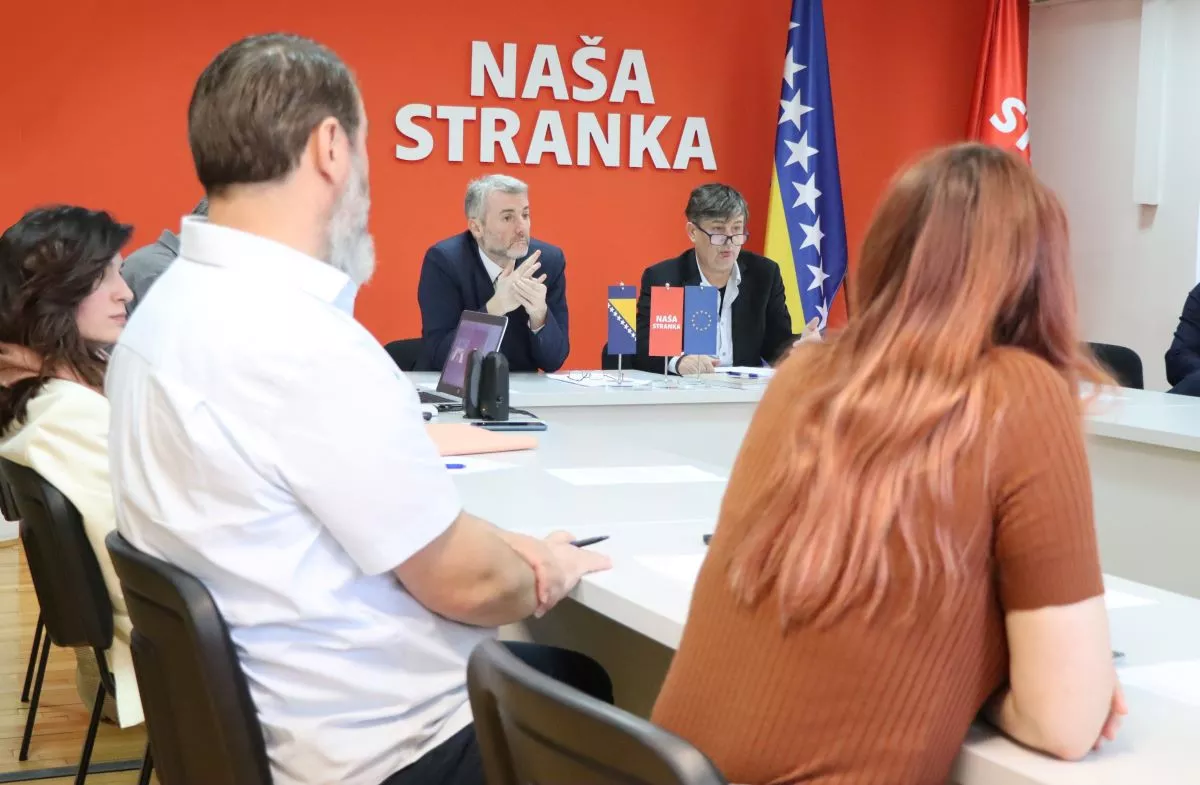
Lideri Naše stranke preziru naslijeđe Armije Republike Bosne i Hercegovine

